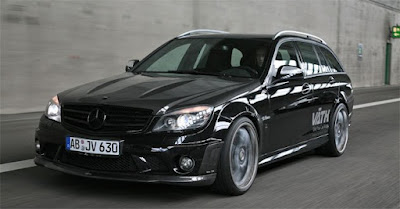
While the test-mule wears the current Passat body, we can see slight modifications in the form of wider wheel arches and lengthened B-pillars. This clearly indicates that the next generation Passat will be longer and wider than current model. According to CAR magazine, however, the next-gen Passat will feature a host of weight saving technologies such as ultra-thin glass, foam chassis reinforcements and a low-friction 4Motion all-wheel drive system, the car should ensure a lighter kerb weight and improved mileage.
Under the hood, a replacement for the VR6 engine will be in place, putting out close to 300hp (224kW) from a displacement of 3.0L. To improve mileage and maintain power, the new engine will also be using direct injection, while the rest of the powertrain lineup is expected to benefit from some form of forced induction as well. Other models will include a new hybrid as well as a high-performance diesel with AWD.
To give the Passat some much needed panache, VW will be pulling out all the stops to make the next-generation a technological showcase, including an automatic parking system, "airless" Continental tires, an advanced window cleaning system that doesn't use traditional wipers, 360° parking cameras, adaptive cruise control with speed limit monitoring, and possibly even a sci-fi low-voltage magnetic paint which will allow owners to change the car's exterior color by adjusting the current.
In terms of exterior design, the new Passat is expected to ditch the current model's bland styling for a more aggressive appearance which is both luxurious and dynamic.
Volkswagen's next-generation Passat is expected to compete with BMW 3-Series, Mercedes Benz C-Class and Audi A4. Incidentally, One year after the launch of the Passat sedan will be the station wagon. This will be followed closely by a new high-performance model to replace the current R36.
















































